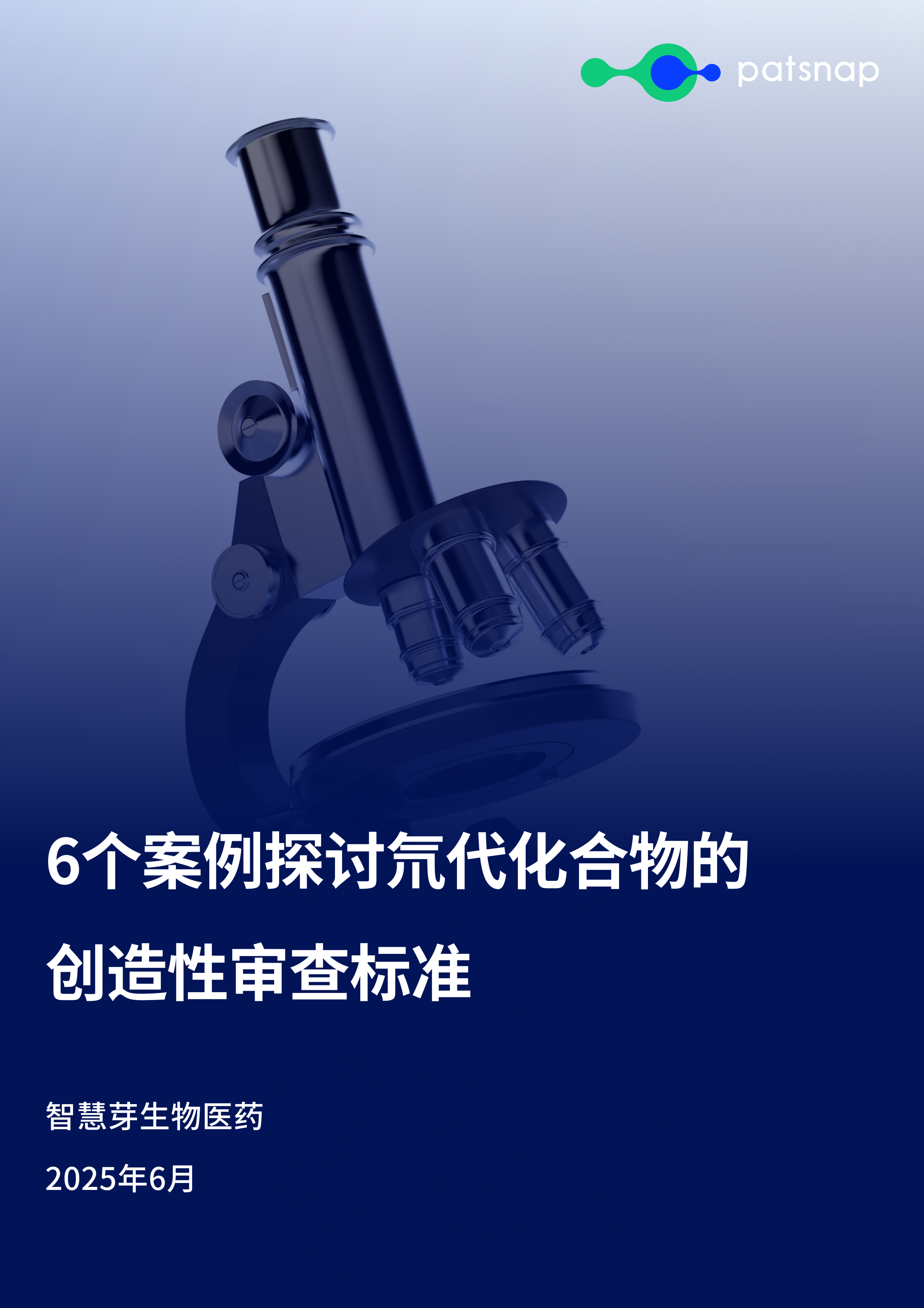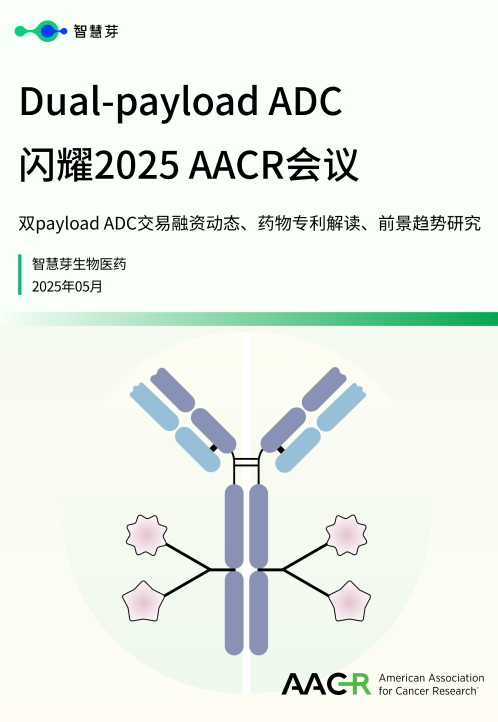预约演示
German biotech CatalYm raises $50M to flip weight loss target for cancer
2022-11-22
临床1期临床2期临床结果
GDF15 might sound familiar. It’s a protein that Amgen, Merck and Eli Lilly built analogs for in attempts to make new weight loss drugs. But those drugs largely failed — and Amgen, the last standing of the three — quietly
pulled the plug on its GDF15 program in January
.
But GDF15 is not dead. The science behind the weight loss drugs goes back to the observation that some cancer patients have high levels of GDF15 and lose a lot of weight, so cancer researchers have been making antibodies that inhibit the protein instead of mimicking it.
German biotech CatalYm, named for “Catalyzing antibodies,” is running a mid-stage program for a GDF15 antibody, visugromab, in solid tumors. It’s now raised €50 million (roughly $49 million USD) in a Series C to “be more aggressive with the Phase II,” CEO Phil L’Huiller told
Endpoints News
.
New investors Brandon Capital and Jeito Capital are leading the round, followed by existing investors Forbion, Novartis’ venture arm, Vesalius Biocapital III, Bayern Kapital, BioGeneration Ventures and Coparion. In addition, Brandon’s Jonathan Tobin and Jeito’s Andreas Wallnöfer are joining CatalYm’s board. According to Wallnöfer, CatalYm marks Jeito’s first investment in Germany.
At ESMO earlier this year, CatalYm read out the full data from an 18-person Phase I study on visugromab in combination with Opdivo in patients who were heavily pretreated and progressed on previous PD-1 therapy — patients who’ve exhausted all their options. In that study, three patients had a partial response, one of whom had a durable response for over a year. Three additional patients also had stable disease on the treatment, and one of those patients saw their cancer stop progressing on treatment for over a year as well.
Wallnöfer highlighted the potential for visugromab as a combination therapy for solid tumor patients, noting that the drug had a durable effect as the last line of treatment on top of its “benign” safety profile — no dose-limiting toxicities or grade 4 or 5 adverse events were observed in the Phase I study.
In March, CatalYm began a Phase II study on visugromab. Taking the two higher doses from the first study (10 and 20 mg/kg), the new program plans to enroll around 160 patients. It’s also expanded to the US — a decision that came after the Phase I readout, L’Huiller said, noting that CatalYm met a clinician at MD Anderson who showed interest in opening a study site for visugromab.
That Phase II study and another biomarker study are slated for initial readouts in the first half of next year, L’Huiller said.
The Series C comes at a time when the public market is ice cold. “In terms of the financing, it started out fairly challenging because of the global situation and the IPO window being closed,” L’Huiller said. “That influenced the way we looked at financing. We said, ‘let’s stay and do another private round rather than a crossover or an IPO round.’” In November,
just one biotech, Acrivon Therapeutics
, made the private-to-public jump, while others pulled away from plans.
Pfizer also has a GDF15-targeted antibody for cancer, known as ponsegromab,
for which it recently started a Phase II trial
. But Pfizer’s drug is for a different purpose — stemming weight and muscle loss in cancer patients.
更多内容,请访问原始网站
文中所述内容并不反映新药情报库及其所属公司任何意见及观点,如有版权侵扰或错误之处,请及时联系我们,我们会在24小时内配合处理。
Eureka LS:
全新生物医药AI Agent 覆盖科研全链路,让突破性发现快人一步
立即开始免费试用!
智慧芽新药情报库是智慧芽专为生命科学人士构建的基于AI的创新药情报平台,助您全方位提升您的研发与决策效率。
立即开始数据试用!
智慧芽新药库数据也通过智慧芽数据服务平台,以API或者数据包形式对外开放,助您更加充分利用智慧芽新药情报信息。





